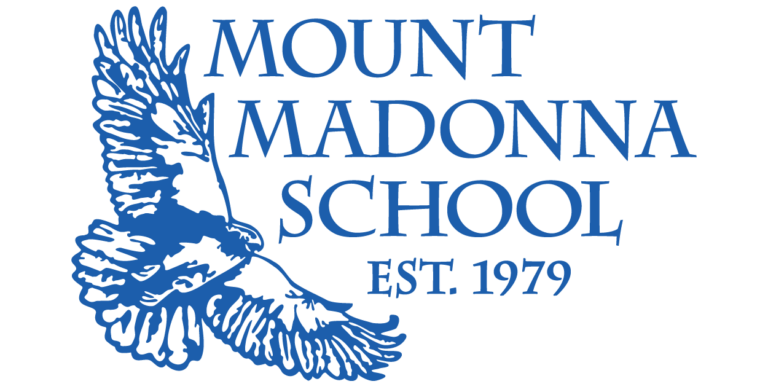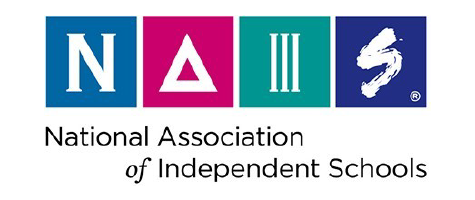 Reflections from Summer
Reflections from Summer
by Supriya Mary McDonald
Summertime is space for growth, renewal and adventure in my household. Having been in education now for over 36 years as an adult and 15 years as a student and daughter of a teacher, my internal time clock has always been in rhythm with the cycle of school life. Fall was the time for new beginnings, filled with excitement and curiosity; Winter, a time for study and indoor wonderings and experiments; Spring, the time for applying new knowledge, tracking progress and performance and finally Summer, the time for unscheduled play, learning and adventure. I am often surprised by the amount of growth that happens in our students over the down time of Summer. For me, summer camping, hiking and being in the outdoor environment, contains the nourishment and connection I need to broaden my perspective of the whole.
This summer, while camping in the Jedediah Smith Redwoods State and National Park, I convinced my husband to join me for the evening campfire talk by the park ranger. He asked me what it was about and I said something called “phenology”. Neither of us knew the term, so we put on our long pants and bug juice and went to the amphitheatre space. There we learned that phenology is “the study of natural phenomena that recur periodically, as migration, blossoming, and their relation to climate and changes in the season.” Even more interesting, we learned the details of the relationship between: the aspen leaves falling, the cadis fly eating the leaves, the rainfall increasing enough to open the gateway for the spawning salmon to go upstream to their home beds and then die, whereupon the cadis fly larvae eats the dead salmon carcass, with the cadis fly later eaten by the hatching salmon fry, and the adult cadis fly hatching and mating within a 48 hour timeframe to be eaten by the adult salmon. (Whew! The ultimate sacrifice by mother salmon to her babies.) All of this happens as a phenological event, with each occurrence related to the next: a perfect example of a cycle of life and connection between species and climate.
Viewing the world as an educator and a poet, I began thinking about the phenology of learning and development and the school’s seasonal cycles. Through centuries of evolution, we are genetically wired to learn with trial and error, modeling, extrapolation, predictions and inference and direct teaching. The environment we explore also shapes and determines the knowledge we need and learn. The nature versus nurture battle is of course a both/and equation. The unfolding of skills like reading and writing, occur within a window of time for most students between the ages of 5-8. The exposure to books and print at an early age, the step by step instruction of learning the code and patterns in oral language that help good readers predict and understand meaning, establish the climate for learning to read and write. The internal desire to read and write is in the face of every primary student as they begin this learning and each child’s internal time clock helps the abilities to mature and unfold.
 The other bit of info that caught my interest this summer was an article by two Harvard professors, an early childhood specialist and a doctor of medicine and sociology, Erika and Nicholas Christakis (see CNN article). They are noticing that college students who haven’t had time to PLAY, are missing some essential social and emotional learning skills that lead to success as college students and later in adult life. It reminds me that play, has the essential elements of our hereditary patterns of learning and discovery. Learning about redwood trees under an enormous redwood versus looking at it in a book or screen, generates a whole experience of the redwood tree, stimulating memory and learning at a deeper level. Whenever possible, MMS teachers invite students to gain meaningful learning through experiences with their environment and in relationships with others.
The other bit of info that caught my interest this summer was an article by two Harvard professors, an early childhood specialist and a doctor of medicine and sociology, Erika and Nicholas Christakis (see CNN article). They are noticing that college students who haven’t had time to PLAY, are missing some essential social and emotional learning skills that lead to success as college students and later in adult life. It reminds me that play, has the essential elements of our hereditary patterns of learning and discovery. Learning about redwood trees under an enormous redwood versus looking at it in a book or screen, generates a whole experience of the redwood tree, stimulating memory and learning at a deeper level. Whenever possible, MMS teachers invite students to gain meaningful learning through experiences with their environment and in relationships with others.
As the Harvard authors have noted, “Academic achievement in college requires readiness skills that transcend mere book learning. It requires the ability to engage actively with people and ideas. In short, it requires a deep connection with the world.” They go on to explain that the best “predictor of school success is the ability to control impulses.” Also, people who have “the ability to recognize that our own ideas, beliefs and desires are distinct from those of the people” and are able to “assume the perspective of another person, are better equipped to learn.”
So as the phenological school time clock ticks closer to September, I reflect on what I learned this summer through play and interacting meaningfully with others in my environment. I invite you to do the same.
See you soon!
With much love,
Supriya Mary McDonald
Head of the Lower School
Mount Madonna School



